Finance Forward:
Southeast Asia 2021
Partners

ABOUT THE PROGRAM
Southeast Asia continues to grow into one of the major players in today’s global economy. The GDP of the ASEAN region is projected to grow more than 5% per year and become equivalent to the fourth largest economy in the world by 2030.
However, GDP often tells a different story than the experience of people on the ground.
Poverty is still widespread in Southeast Asia – and is set to increase for the first time in two decades as a result of the coronavirus pandemic. One of the contributors to this poverty is low levels of financial health, which we define as the ability for people to manage their income, get a loan when they need it, and plan for their financial futures. Southeast Asia is home to countries with some of the world’s lowest financial literacy scores (under 25%) and household savings rates (60% have no savings).
Finance Forward is a global collaboration to support financial health innovation, led by Village Capital, MetLife Foundation, and PayPal. For our Finance Forward: South East Asia 2021 bootcamp, we are looking to support startups addressing the following financial health challenges:
Challenges faced by small and medium businesses
Small and medium enterprises (SMEs) are a critical ingredient to broadly shared financial health in Southeast Asia. SMEs account for nearly 90% of businesses in the region, and are responsible for employing nearly 75% of the working age population. These SMEs face significant challenges when it comes to management of their businesses, including a skills gap in preparing, understanding, and using financial information for decision making, challenges in developing partnerships for growth, a significant challenge in accessing affordable financing, and limited access to business technology remain persistent for these SMEs.
We are interested in startups helping small and medium businesses access working and loan capital, manage revenue, process digital payments, and access new markets.
Financial health of informal workers
The informal workforce comprises both people self-employed in informal enterprise (i.e. unincorporated or unregistered businesses) as well as wage workers in informal jobs (i.e. working without social protection). In Southeast Asia, nearly 80% of the total working population works in the informal sector, a number that is expected to grow in the coming decade.
These workers face challenges ranging from irregular income, to issues around income and expense management, to the lack of a social safety net and poor investments and savings practices.
We are interested in startups that are helping people in the region find work and manage their incomes, as well as those helping companies better engage with their workforce.
Financial challenges faced by women
Women in Southeast Asia are often relegated to informal work with no legal protection or employment benefits, which hampers their ability to participate fully in the economy and gain financial independence. In Vietnam, for example, only 31% of working women are employed formally, while 69% are engaged in informal work. It is estimated that the regional economy could see a 30% growth in income per capita in one generation if female participation in the workforce rose by 10%. This impacts the economic independence of women, reducing their bargaining power in the society and further impacting their financial health.
We are looking for startups building tools to help women improve their financial resiliency and/or economic mobility – particularly those that help women access the formal economy, gain (and use) a bank account, improve their financial savvy, and save for the future.
Savings and financial resilience
According to the World Bank, 73% of households in Southeast Asia cannot survive a financial crisis. It is estimated that 60% of the households in the region do not have any savings,. Exacerbating this financial health challenge are other issues like generally low income, common occurrences of high credit card debt, and irregular work opportunities are pushing families to their economic breaking points. Further, while financial literacy is deemed important, it takes a back seat in the development plans of the governments - for every $100 spent on education, only 2 cents is spent on financial literacy.
The financial health challenges of households have been further exacerbated by the COVID-19 pandemic: out of pocket spending on healthcare-related costs increased by nearly 75% during the pandemic, disproportionately affecting poor households, putting the entire region at risk of an economic crisis.
We are interested in startups helping people and families plan for their financial future, including saving tools, financial education solutions, innovative insurance solutions, and more.
COHORT
ADVISORY BOARD
- Aaron WongCEO, PayPal Pte Ltd
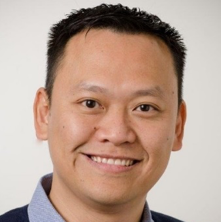
- Chia Jeng YangPrincipal at Saison Capital

- Diane Dugan-EustaquioExecutive Director at IdeaSpace Foundation
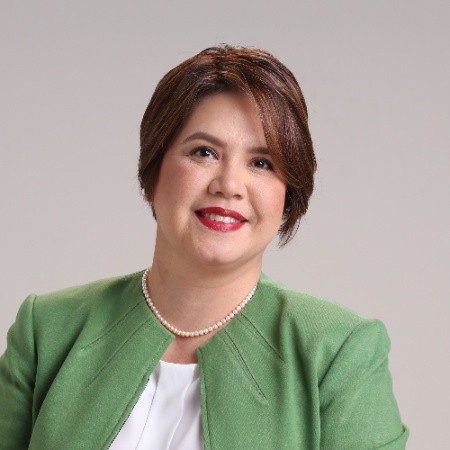
- Hemant Kshirsagar India FinTech Leader at EY India
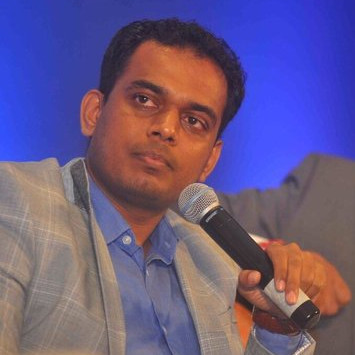
- Krishna ThackerDirector, Asia Region, MetLife Foundation
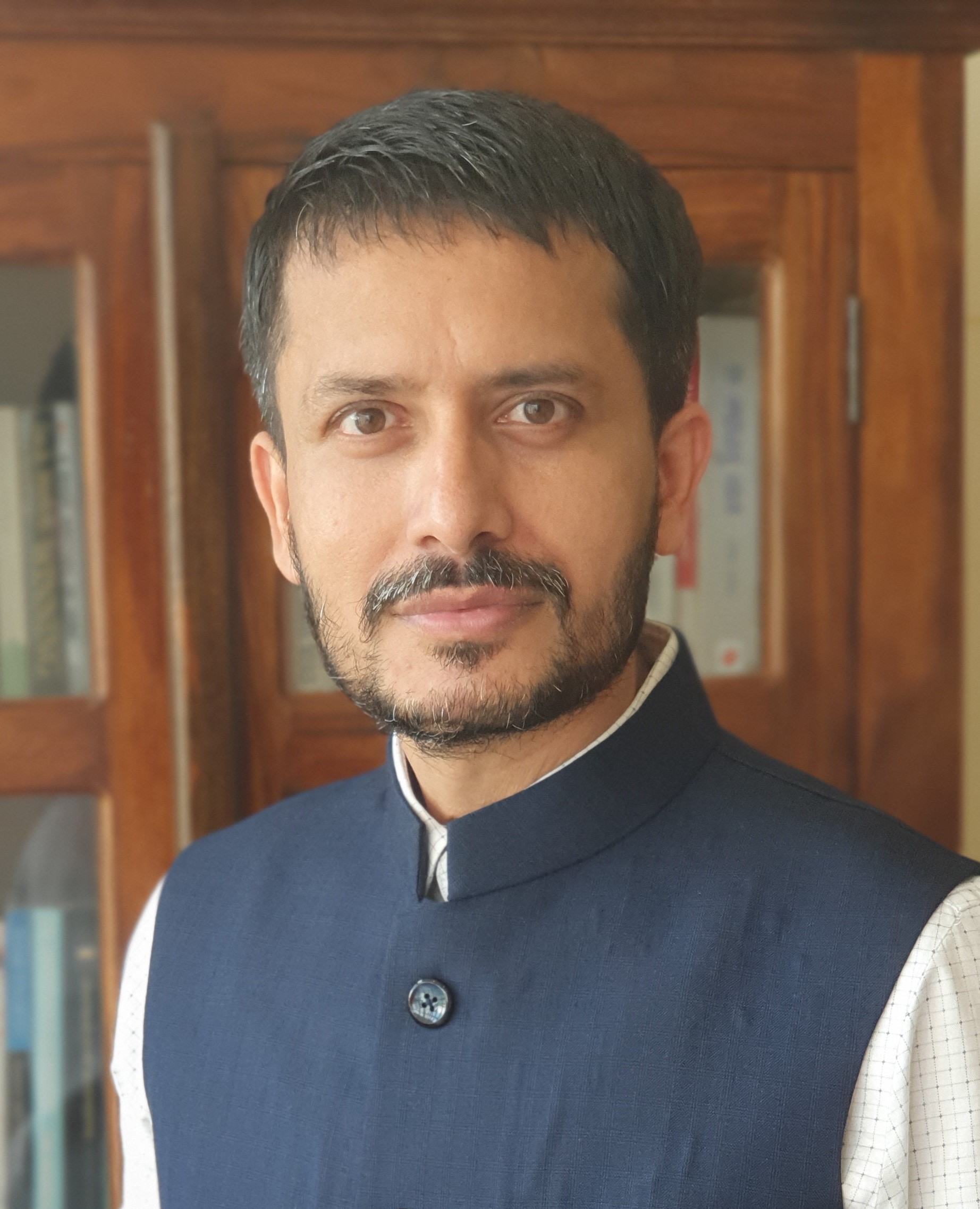
- Mahesh KanumuryManaging Director at Arivali Partners
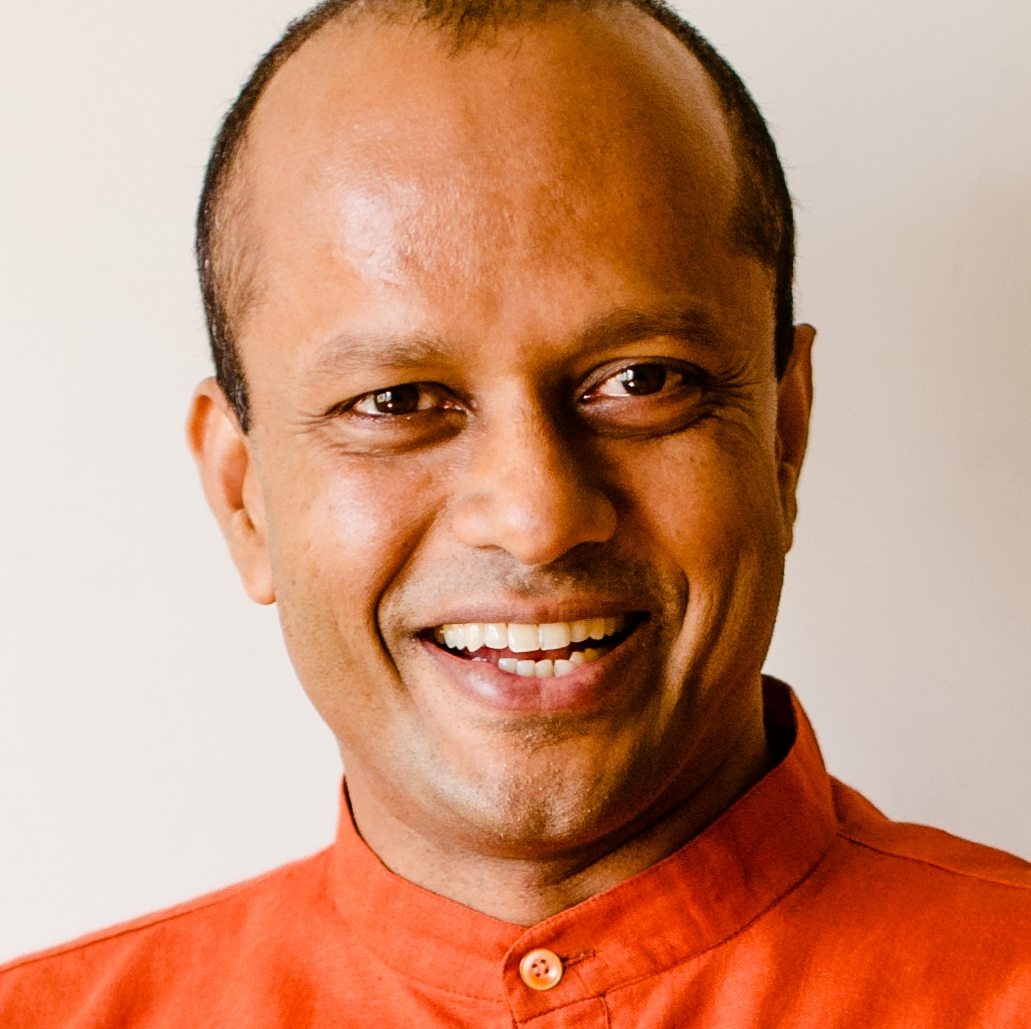
- Steph LauCo-Founder and Board Member of Women in Tech APAC

- Varun MalhotraPrincipal at Quona Capital

- Vasudha WadheraSenior Associate at SAIF Ventures

PROGRAM TIMELINE
November 1, 2020
December 15, 2020
December 5, 2020 - January 7, 2021
January 14, 2021
January 25, 2021 - January 29, 2021
Minimum Eligibility Criteria
Legal incorporation as a for-profit entity
Has operations in any Southeast Asian country (apart from India)
Market-based solution that tackles a financial health challenge for low-to-moderate income communities
Have at least a minimum viable product (MVP) and some traction under their belt. Relaxation may be made for products in development if value proposition showcased is considered strong
Have meaningful customer or business validation (not limited to revenue, can also be successful pilot studies, number of users, and/or strategic partnerships
Eligibility criteria may be relaxed for entrepreneurs who are pivoting to develop products relevant to the COVID-19 pandemic. Please reach out to shreyansh.chandak@vilcap.com
Benefits
Capacity building sessions for founders in the growth phase on key challenges such as financial management, business planning, team building etc
Receive feedback and mentorship from investors, senior fintech experts and prospective partners from across the region
The bootcamp will be conducted in a virtual format and hence you can join in from anywhere
Exposure on Village Capital’s program website and other communications collateral


















